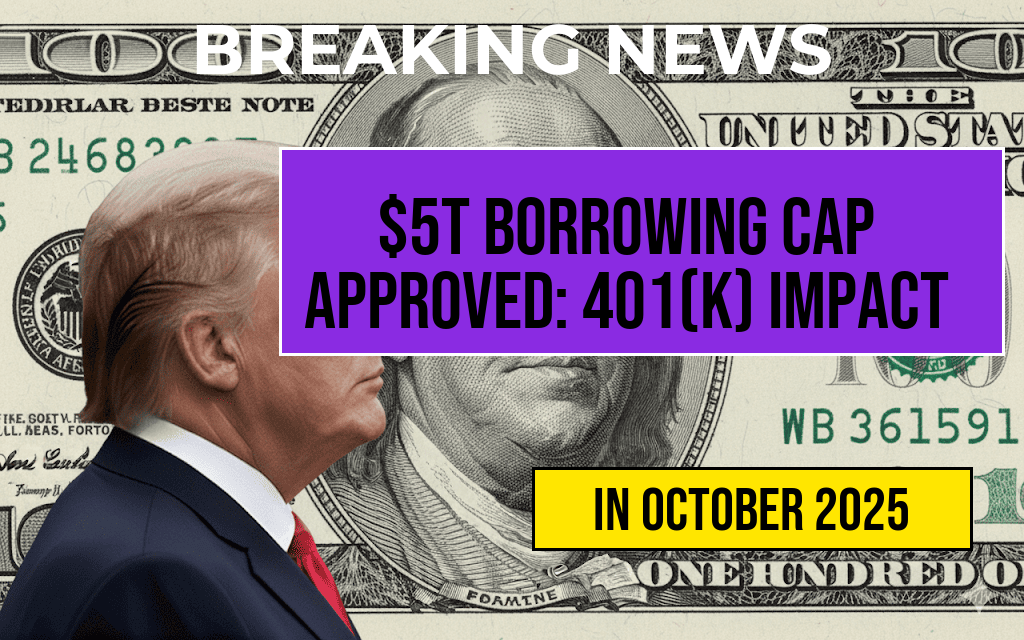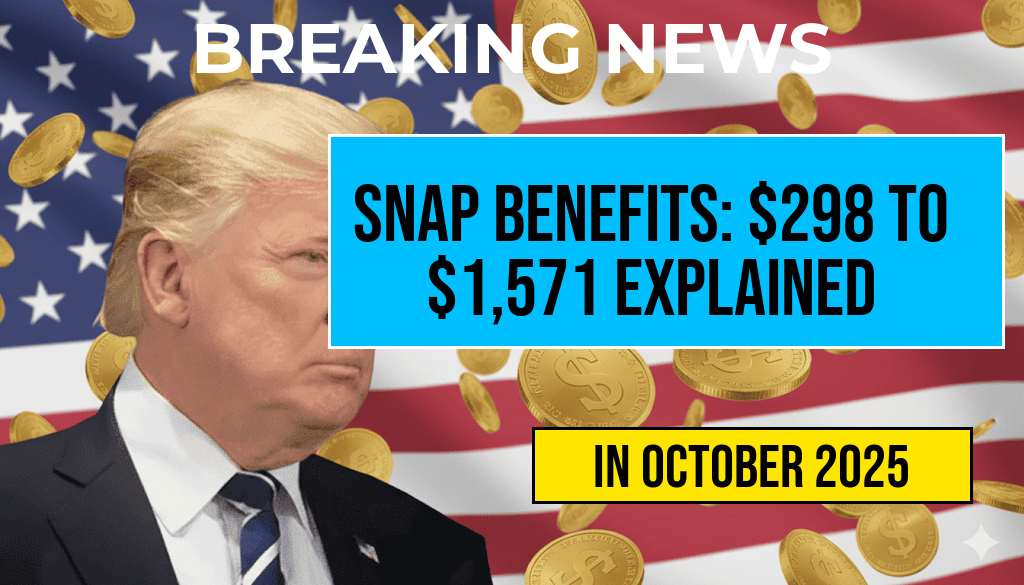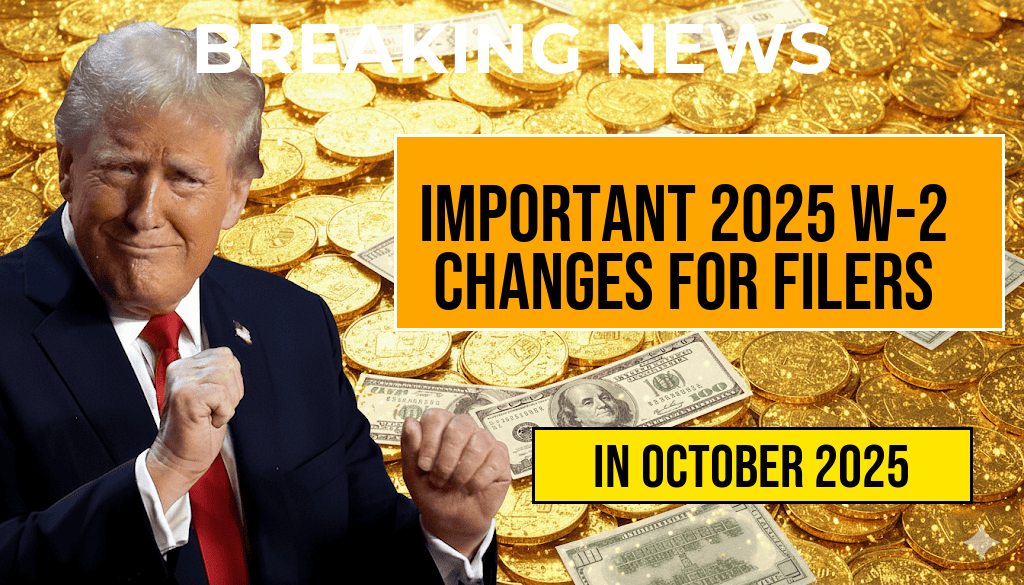The recent approval of a $5 trillion increase in the federal borrowing cap has sent ripples through the financial landscape, raising questions about its potential implications for individual retirement accounts, particularly 401(k)
Understanding the Borrowing Cap Increase
The U.S. government operates under a borrowing limit, which is periodically adjusted to meet its financial obligations. The recent increase is intended to address the growing national debt, which recently surpassed $31 trillion. This adjustment allows the government to finance its operations, including entitlement programs and infrastructure projects, without the risk of defaulting on its obligations.
What Does This Mean for Inflation and Interest Rates?
One of the most pressing concerns associated with a higher borrowing cap is its potential to exacerbate inflation. As the government increases its borrowing, it may inject more money into the economy, leading to higher consumer prices. Economists warn that sustained inflation could result in the Federal Reserve raising interest rates to combat rising prices, which could have a direct impact on various financial products, including 401(k)
Implications for Your 401(k)
For many Americans, their 401(k)
What Should You Do?
In light of these developments, financial experts recommend that individuals take proactive steps to safeguard their 401(k)
Long-Term Effects on Retirement Savings
The long-term effects of the increased borrowing cap on individual retirement accounts remain uncertain. While some analysts suggest that inflation could erode purchasing power, others argue that government spending could stimulate economic growth, leading to increased corporate profitability. This, in turn, could benefit 401(k)
Monitoring Policy Changes
As the situation unfolds, it is crucial for investors to monitor government policy changes and economic indicators closely. Adjustments in fiscal policy can have far-reaching consequences, not just for the economy but for individual financial health. Consulting with a financial advisor may provide personalized insights tailored to individual circumstances and goals.
Conclusion
The approval of a $5 trillion increase in the borrowing cap is a significant event that could have substantial implications for individual retirement savings, particularly 401(k)
For more information on the federal borrowing cap and its implications, visit Wikipedia or Forbes.
Frequently Asked Questions
What does the $5 trillion increase in the borrowing cap mean for the economy?
The $5 trillion increase in the borrowing cap allows the government to take on more debt to finance its operations. This could lead to higher inflation and impact overall economic stability, which may have cascading effects on investment markets.
How will the increase in borrowing cap affect my 401(k) investments?
The increase in the borrowing cap could lead to volatile market conditions, which may affect the performance of your 401(k) investments. It’s essential to monitor your portfolio and consider diversification strategies to mitigate risks.
Are there any potential benefits of the increased borrowing cap for retirement savings?
While the immediate effects may be negative, some analysts argue that increased government spending could stimulate economic growth, potentially benefiting retirement accounts over the long term if it leads to stronger job markets and higher wages.
What should I do if I’m concerned about the implications of this borrowing cap increase?
If you’re concerned about the implications for your 401(k), consider consulting a financial advisor who can provide personalized guidance based on your financial goals and risk tolerance. Staying informed about market trends is also crucial.
How often should I review my 401(k) in light of economic changes like this?
It’s advisable to review your 401(k) at least annually, but more frequent check-ins may be warranted during significant economic changes, such as a borrowing cap increase. Regular reviews can help you adjust your investment strategy as needed.






